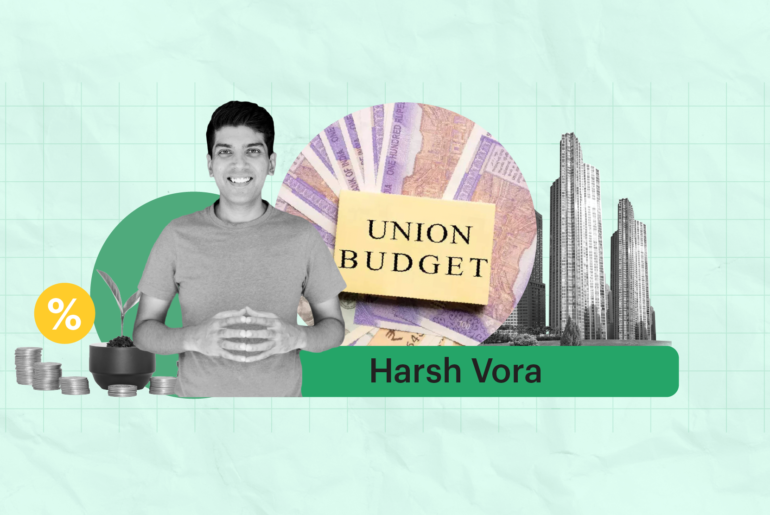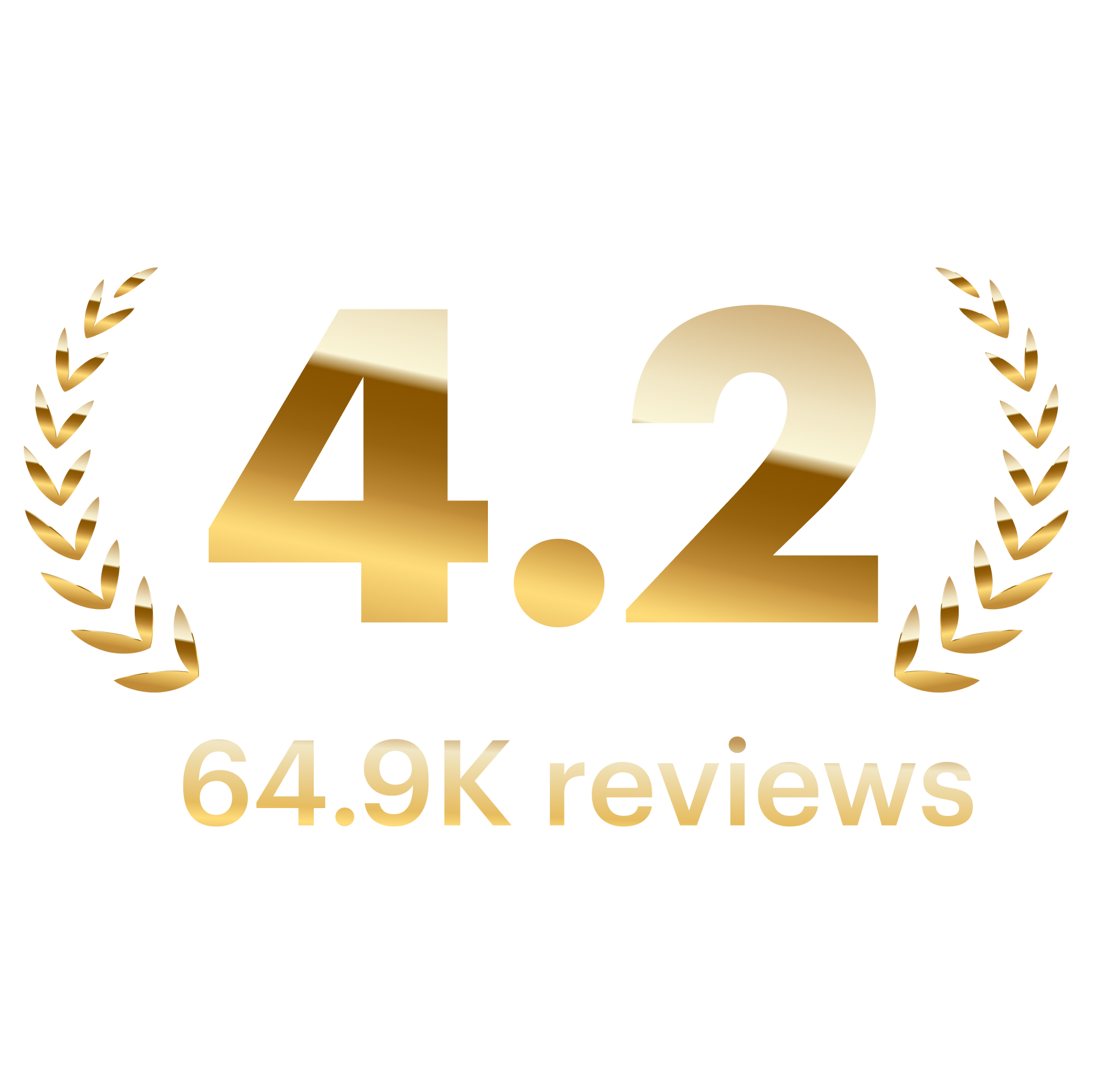Last Updated on Aug 22, 2022 by Vyshakh
Table of Contents
What is the Dolo 650 Case in Supreme Court?
The Federation of Medical and Sales Representatives Association of India (FMRAI) has filed a PIL in the Supreme Court seeking to fix accountability for freebies allegedly distributed to doctors to get them to prescribe medicines from certain brands. In 2016, the Medical Council of India amended clause 1.5 of the Indian Medical Council (Professional Conduct, Etiquette and Ethics) Regulations, 2002 which mandates doctors to prescribe medicines by their generic names.
This comes at the back of the Central Board for Direct Taxes (CBDT) accusing Micro Labs – the manufacturer of fever-reducing medicine Dolo 650 – of distributing Rs. 1,000 cr. of freebies to doctors to prescribe their medication.
The PIL described the dosage of 650 mg as being an irrational dose combination. It was further stated that the drug does not fall under government price control as it is limited to 500 mg of paracetamol.
Counter arguments from Micro Labs
In an interview with Moneycontrol, Jayaraj Govindaraju – Executive Vice President of Marketing and Communication for Micro Labs dismissed the Rs. 1,000 cr. freebies accusation as baseless.
He suggested that the figure represents the total marketing expenditure from all divisions of the company for the past several years. He went on to say that it would be irrational to spend Rs. 1,000 cr. on marketing when the turnover during the COVID year was Rs. 350 cr. He also claimed that price control was applicable to Dolo 650 and that their margins were very small.
What’s next?
The Supreme Court has directed the central government to reply to the PIL and the claims made against Micro Labs by FMRAI.
Zoom out
Earlier in March this year, a PIL by FMRAI seeking to make pharma companies criminally liable for bribing doctors through freebies stated that according to a study, the top seven pharma companies together had spent Rs. 34,187 cr. in marketing over 8 yrs. These costs constitute 20% of the cost of drugs and include direct and indirect benefits to doctors such as gifts, entertainment, trips, and hospitality.
Similar cases around the globe
- A doctor was sentenced to death for a heart valve scandal in Germany in 1996.
- Johnson & Johnson was fined $2.2 bn in 2009 over its marketing techniques.
- Pfizer was fined $2.3 bn to settle civil and criminal charges in 2013 for illegally promoting the use of four of its drugs.
- GlaxoSmithKline paid a fine of $489 mn in 2014, in which four officials went to jail in China.
About the News author
This news post has been contributed by The Boring News Co. which is a free daily email newsletter that gets you updated on the most important events across policy, business, international affairs, legal and sports categories. They claim on unbiased news with no sensationalism, no gossip, no political slugfests and no opinions – just the facts that matter in bullet points.
- Policy Roundup – Boosting Exports, Self-Reliance in Chips and Clean Energy - Sep 23, 2022
- National Logistics Policy – Why Now? - Sep 21, 2022
- Why Is Oyo Tapping the Capital Markets Now? - Sep 21, 2022




